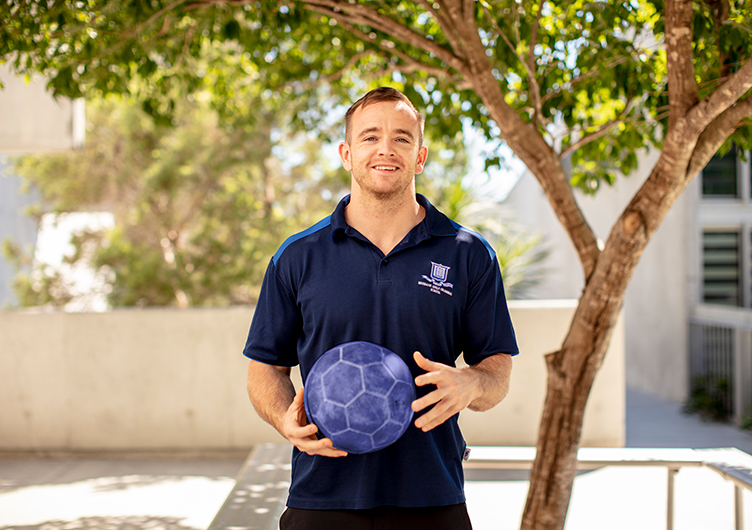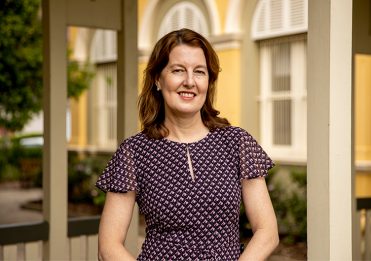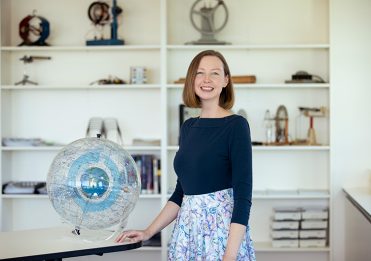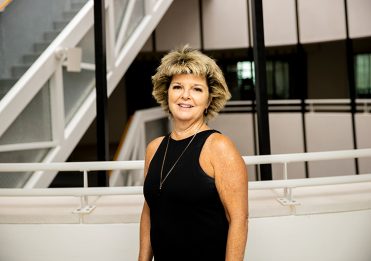I originally started playing football because my grandfather and father played. Most young boys I grew up with dreamt of becoming professional football players but very few made it to the Premier League. This didn’t deter me though; I was determined to play professionally.
I left school early to attend a football academy here I trained every day and studied Sports Science in the evenings. When I was 16 years old, my coach encouraged me to join a higher club level, about six leagues below the Premier League. Physically it was a big step, as I had to develop myself to withstand that style of play—I was a teenager playing against men—and it was a much more professional setting.
At 19, I was given the opportunity to play Football in Australia. At the time, I thought I would play for a year and then move to another club, but in the first four months I met my now fiancée. I decided to stay in Australia a little longer, and I fell in love with the country.
Five years later, I suffered a life-changing sports injury. I snapped my ACL, PCL, LCL and tore my hamstring muscles off the bone, ruling me out of playing competitive football ever again.
It was a dark time for me. Up until that point, football had meant everything to me—it was my identity. Throughout my rehabilitation, I was reminded of the impact strength and conditioning had on my earlier life and how it helped me to improve as an athlete and a person. I rediscovered my passion for the sport and was motivated to help others—I felt like I had a purpose again.
I completed my Australian Strength and Conditioning Course, and soon after started working as a personal trainer and then lecturing health and fitness. From there, I started working for a company that helped athletes excel in their sport—an area in which I’m most passionate.
At Girls Grammar, I coordinate the School’s Strength and Conditioning Program, manage sport fixtures, Interhouse competitions and sporting clinics. The School’s strength and conditioning sessions are held before and after school. These sessions are not compulsory; girls show up of their own accord because they’re passionate about sport or want to improve their physical fitness.
It’s most rewarding to see girls reach their fitness goals, but perhaps more importantly, realise the benefits of maintaining a healthy lifestyle. For me, strength and conditioning increased my confidence, changed my health and fitness, and improved my overall wellbeing—I want to inspire that realisation and change in the girls.
Although my injury is one of the biggest challenges I’ve had to overcome, it was such an important life lesson—things don’t always go to plan but with resilience you can overcome any adversity.





